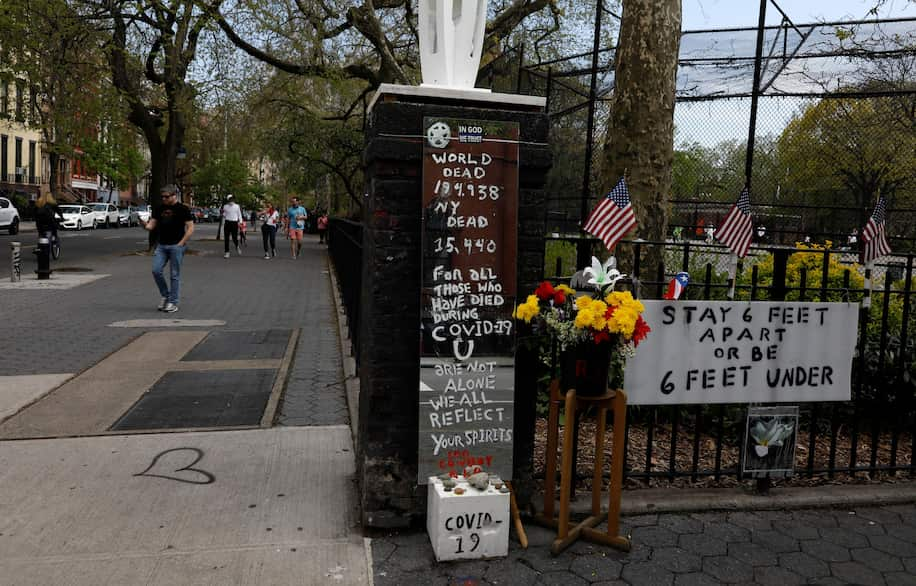
Jay Aronson Co-Authors Op-ed in The Washington Post on Memorialization of Covid-19 Victims
By Jay Aronson and Scott Knowles
Covid-19 has reshaped millions of lives around the globe. And like tragedies before it — from terrorist attacks to genocide, wars to climate and weather disasters — we need to collectively remember and memorialize the loss of life we are now enduring. In fact, it is an essential part of the democratic process.
President Trump, whose administration downplayed potentially lifesaving early warnings about the virus, wants us to forget everything but the names of the victims as quickly as possible. By not dwelling on why people died, he hopes we will be able to get back to normal and watch our economy “BOOM, perhaps like never before.”
Rather than forgetting what happened, however, it is vital to remember not just the victims of covid-19 in the United States and around the world, but also the circumstances of their deaths. Journalists, social scientists and public health researchers are already taking the first steps to document this pandemic in real time, but the work of interpretation and meaning-making will continue for years, if not decades, to come. Memorials to covid-19 victims should be part of this process. If done properly, these memorials will honor victims, teach us about why they died (and whether their deaths could have been prevented), but perhaps most importantly, impart what we learned during this pandemic.
